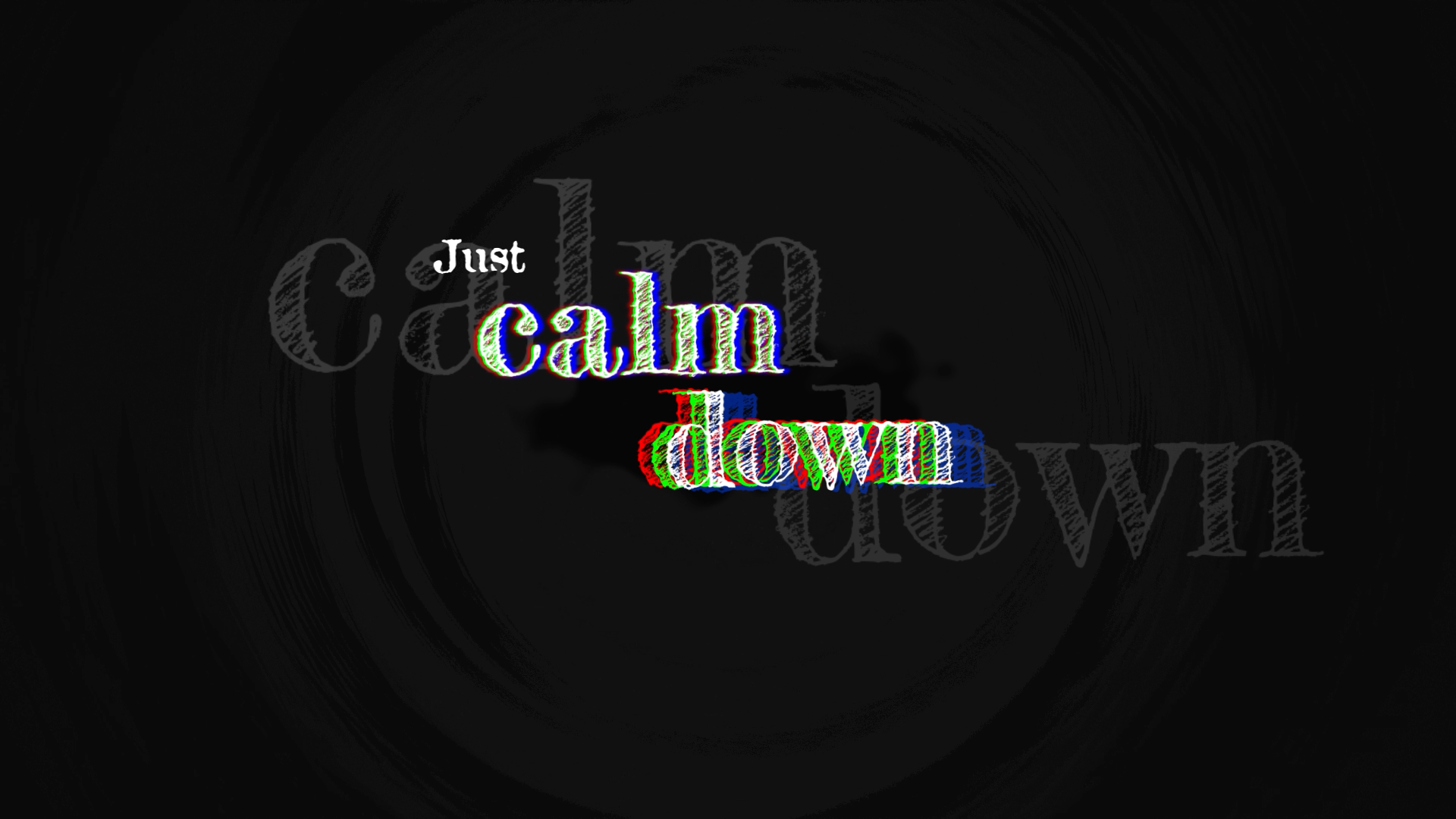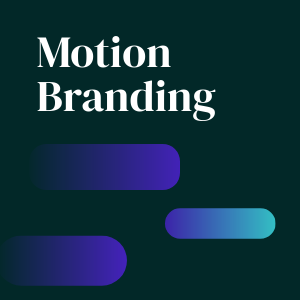
Being a mum to an 11-year-old with complex mental health needs has taken me on a journey that I never imagined. My son has a diagnosis of ADHD and struggles deeply with the demands of everyday life. During his original assessment, it was suggested he likely has a profile of autism known as Pathological Demand Avoidance, or PDA, and we’ve been on a waiting list for more than a year now to get this fuller diagnosis. The wait, they say, could stretch to another few years through CAMHS. So, while we wait, we do our best to understand, support, and adjust to his world as it is today.
PDA isn’t widely understood, and that can make everyday life feel isolating and challenging. In my son’s case, it’s not just about refusing to do something—often, he genuinely can’t comply without feeling like he’s losing control. And that loss of control makes him anxious, sometimes overwhelmingly so. He’s bright, funny, and incredibly kind and loving but there are times when we see him disappear into himself in a blind animalistic panic and all we can do as his family, who love him dearly, is keep him safe.
Having spent the best part of my working life as a producer in advertising and branding, I love to be organised, plan, and find solutions, but as a mum at home I’ve had to learn to let go of my instinct to “fix” things. As with PDA, I’ve come to realise it’s not about finding solutions or quick fixes. Sometimes my son just needs the demands taken away from him and the space to feel in control. PDA has taught me patience in ways I didn’t expect—it’s a daily exercise in stepping back, breathing, and letting him lead.
School has been one of the biggest hurdles. He’s in Year 6 now, and we just about manage to get him in school for half days (most of the time). He finally has an Education, Health and Care plan (EHCP) in place, which we hope will help when he faces the big transition to secondary school next year. But if we’re honest with ourselves, it’s likely to get harder before it gets better, as the world and particularly the school system is not designed for kids like my son.
This is why supporting the PDA Society matters so much to me. Parents and carers need information, reassurance, and a community. My son will need those things, too, as he gets older and starts to understand himself better.
PDA is a unique profile, different from typical autism, with its own set of challenges. Kids with PDA don’t respond to the usual parenting or teaching methods, and it’s taken me a lot of trial and error to figure out how to support him in a way that helps him feel safe and we are still learning. The PDA Society is invaluable in giving people a sense of connection and hope. They provide resources not only for parents but also for professionals, helping to spread a better understanding of what living with PDA is really like.
Connecting Through Stories: Our Animation for the PDA Society
At Content Creatures, we’ve found that animation can be a powerful tool for charities like the PDA Society when it comes to sharing sensitive stories. Animation allows us to illustrate a personal experience or emotion while respecting people’s privacy, making it possible to connect with audiences on a personal level without putting individuals in the spotlight. Through the piece we have created for the PDA Society, I hope more people can gain a deeper understanding of PDA and why it’s so important to families like ours.



